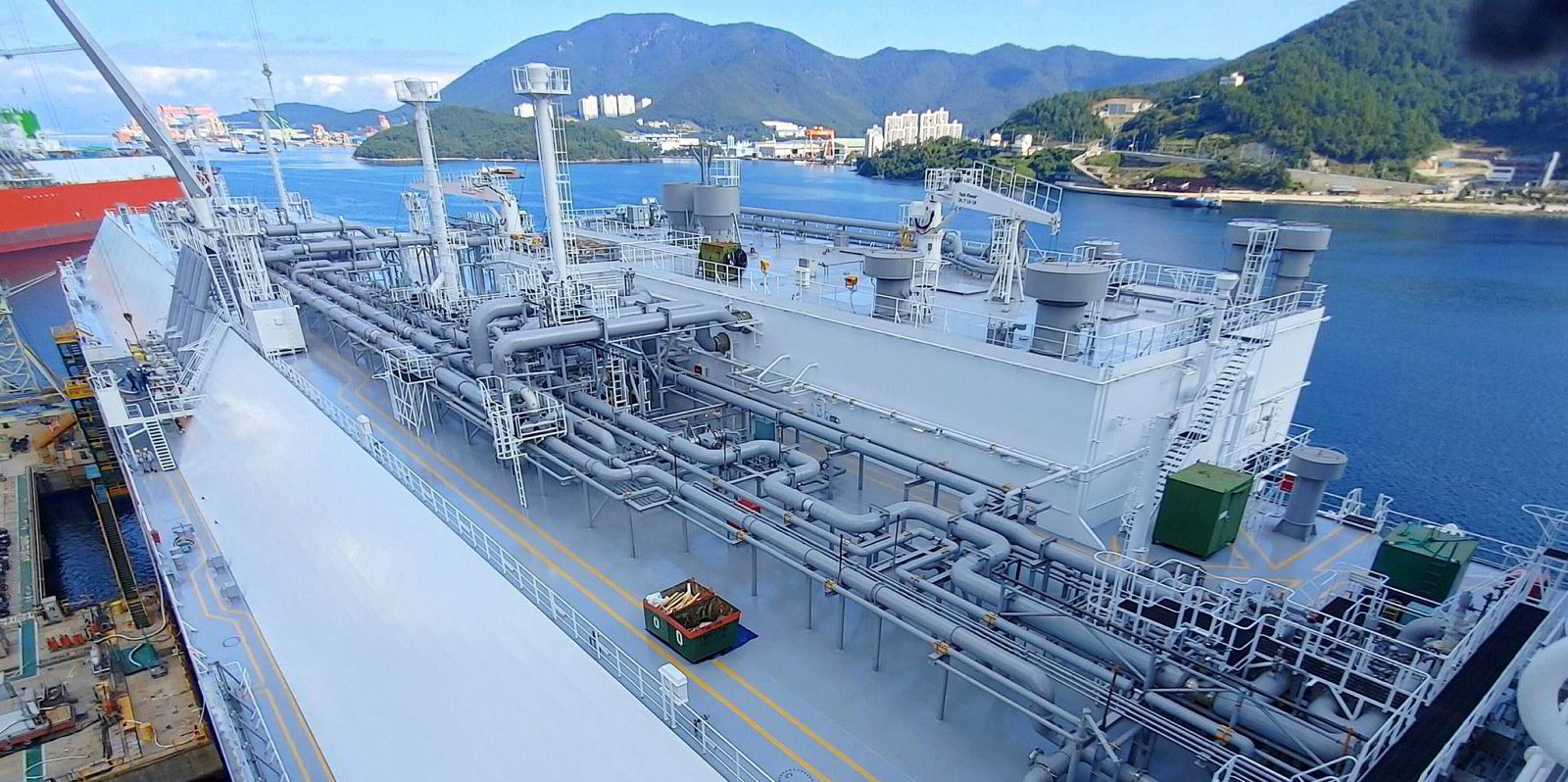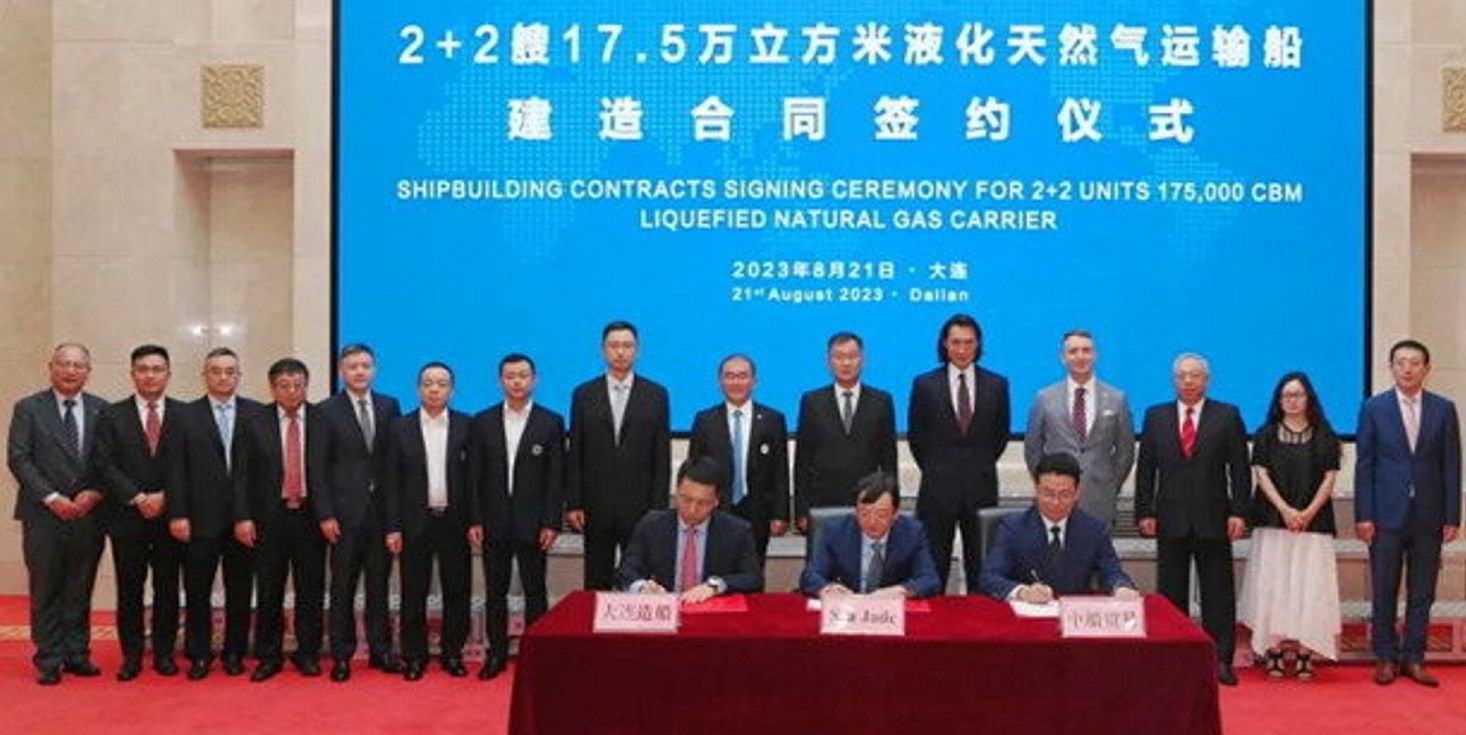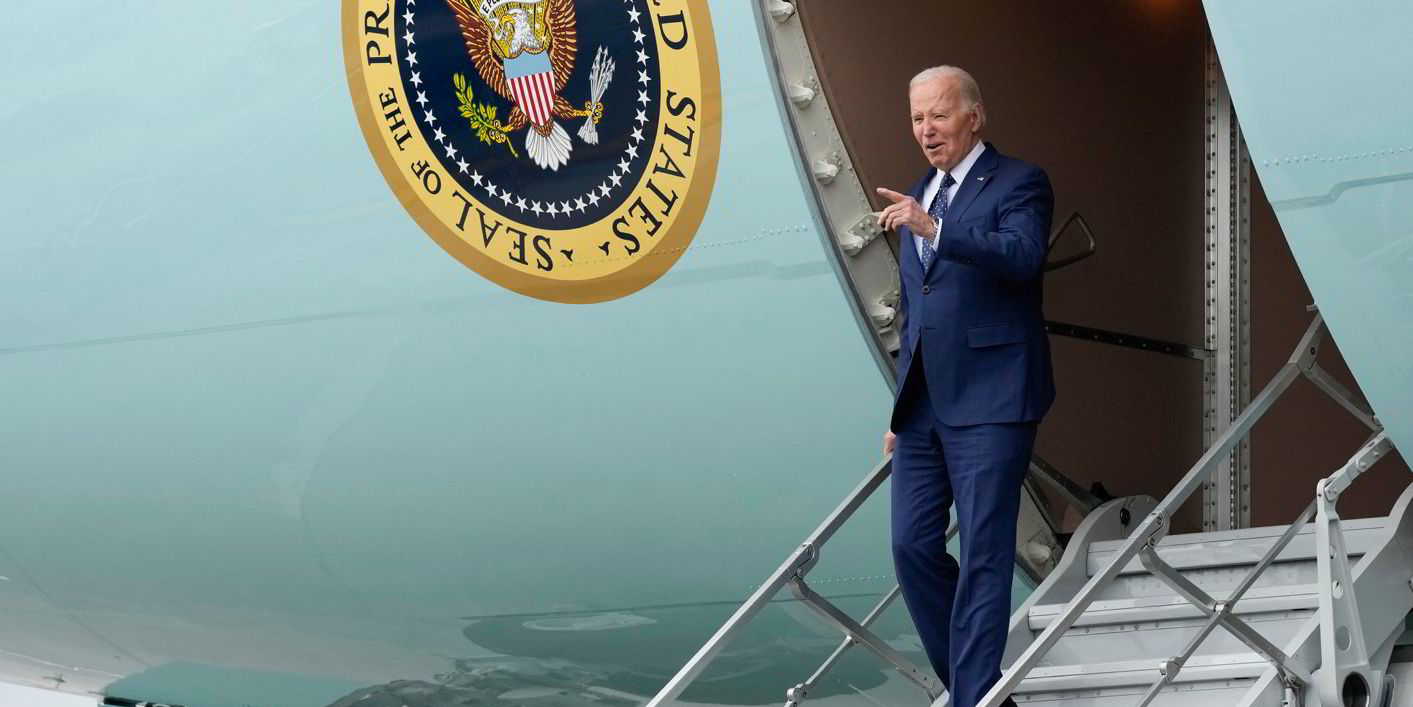Fewer LNG carriers may be required than currently anticipated if the US’ “temporary” pause on permitting for LNG projects continues, according to US consultants and broker Poten & Partners.
In a piece carried in the brokerage’s LNG World Markets, Poten said the US decision to pause the issuing of non-free-trade-agreement (FTA) permits could potentially affect approvals and extensions for 21 pre-final investment decision LNG export projects.
The developments have a combined capacity of just over 237 million tonnes per annum of LNG and are at various stages of development in the US and Mexico.
Mexican and Canadian LNG export projects that use US natural gas as a feedstock require a non-FTA permit from the US Department of Energy.
The DoE said in January that it would conduct a review that will look at the economic and environmental impacts of projects seeking approval to export LNG to Europe and Asia — so-called non-free-trade-agreement export permits — without giving a timeline for the process.
In the short term, if these new US project FIDs are delayed or cancelled the LNG newbuildings needed to serve them may not be ordered, Poten said.
The brokerage said this stacks up at approximately 99 LNG newbuildings if calculated based on the 53 mtpa of sold volumes as a measure of US demand.
Poten said: “This sounds drastic, but if the US projects at risk are replaced by international projects, then new vessel orders will simply shift from one project to another.”
But it added that these alternative projects in countries such as Qatar, Canada and Mozambique are closer to Asian buyers than the US, so fewer ships will be needed to transport their volumes.
“Under a scenario of full displacement, albeit unlikely, we estimate a net loss of only 38 newbuild orders.”
Over the longer term, Poten said the permitting pause may create an adjustment in the global trading patterns of LNG.
“If US LNG is replaced by Qatari, African or Canadian volumes, average voyage distance is likely to decrease. But this doesn’t necessarily mean a reduction in shipping demand,” the shop said.
Poten described that when shorter trading distances coincide with increased LNG prices, higher profit margins can support raised spot and term charter rates through what the brokerage described as “vessel hoarding” and floating storage.
It said less competition from US projects may allow other liquefaction developments to increase prices for new LNG contracts, supporting a higher floor for LNG charter rates.
“While the permit pause is certainly a negative for US project developers, the short- and long-term impacts to LNG shipping at a global level seem less so. LNG will still need to be moved and new LNG carriers will still need to be built,” Poten said.
“The pause will have short- and long-term impacts on LNG shipping, although probably not as drastic as it might seem.”







